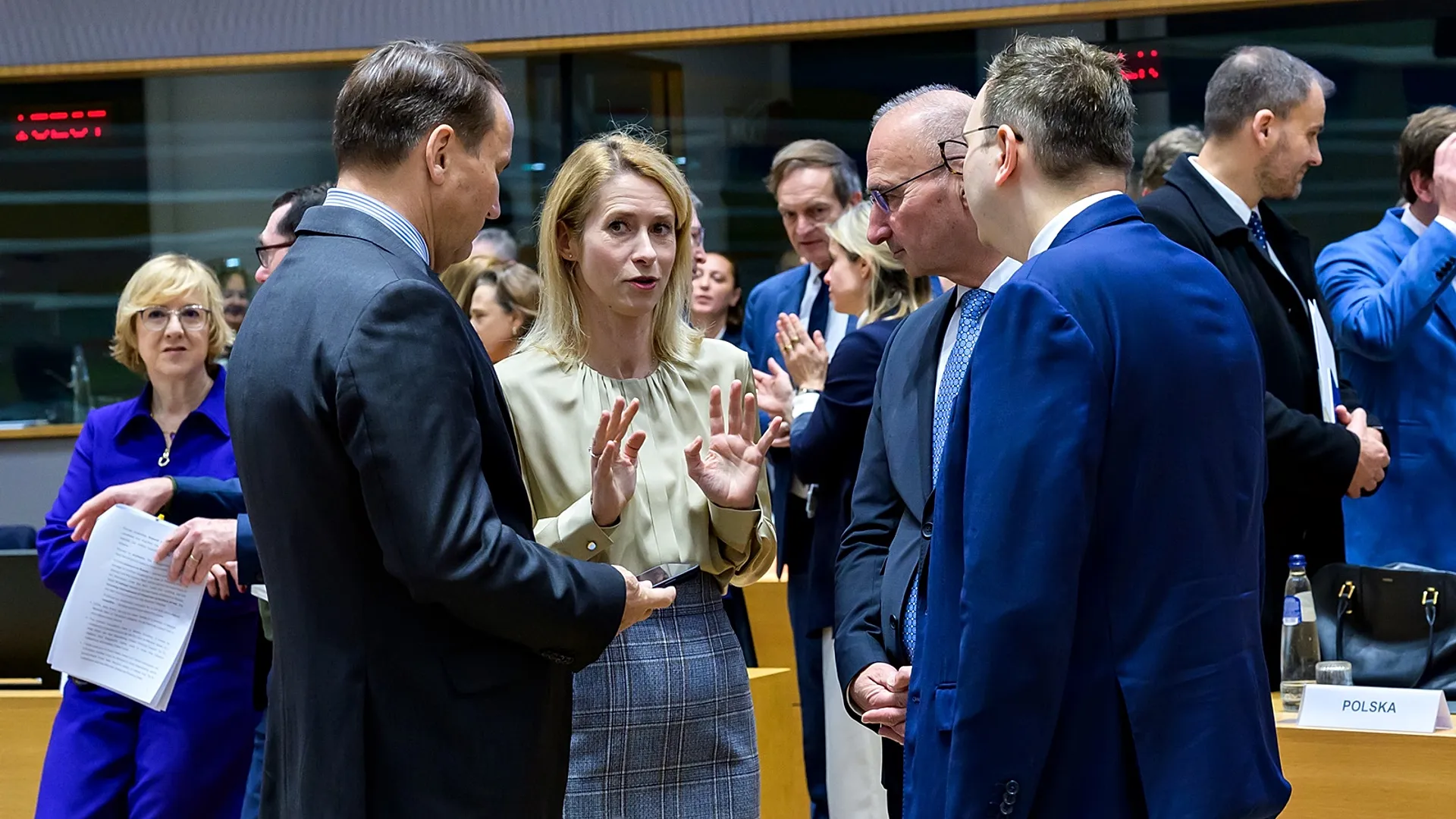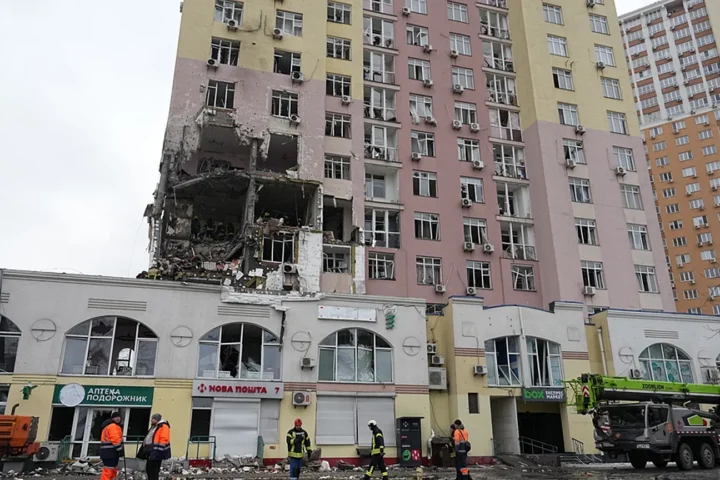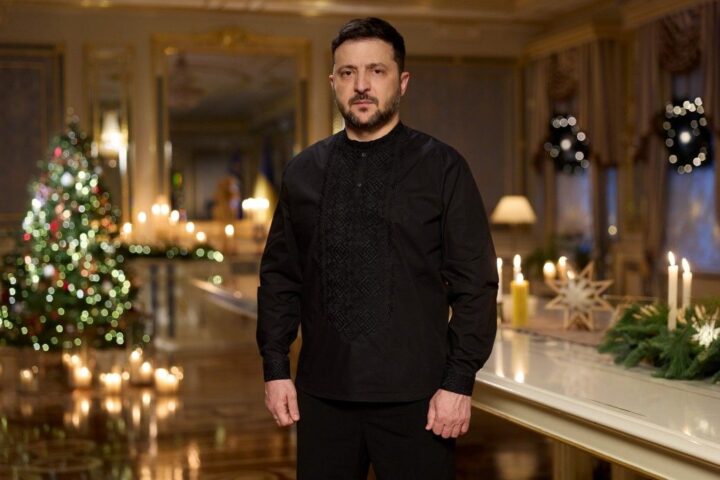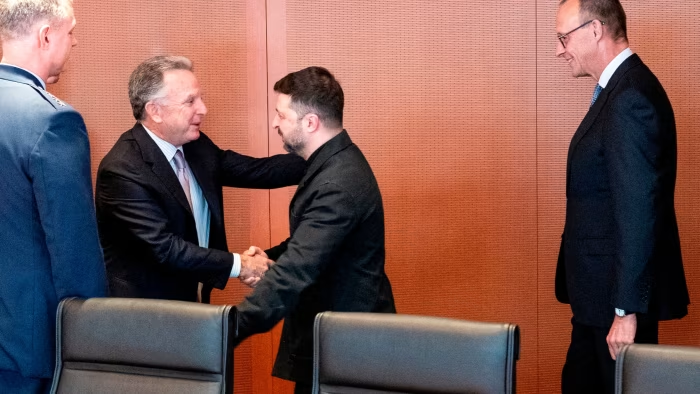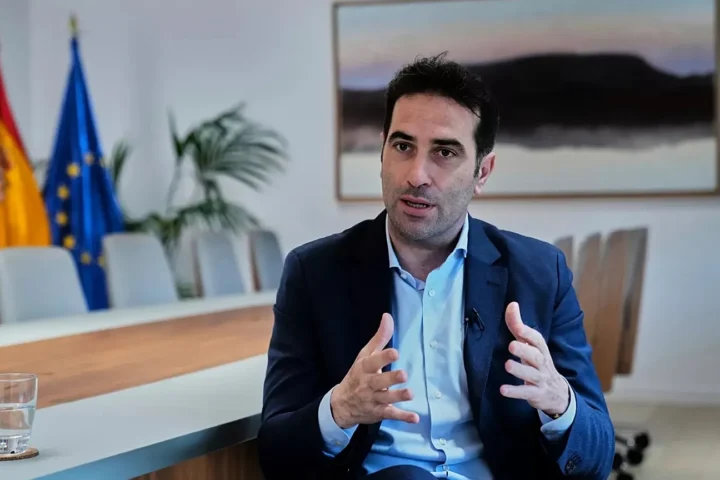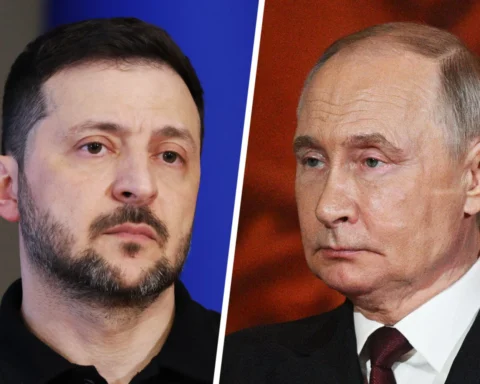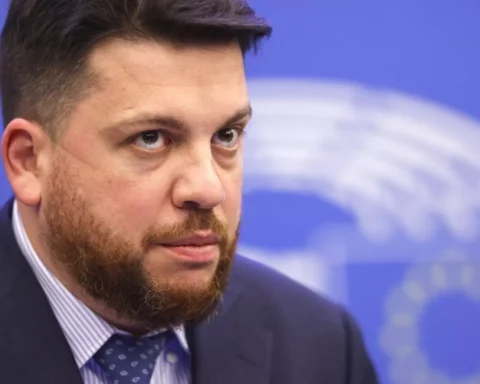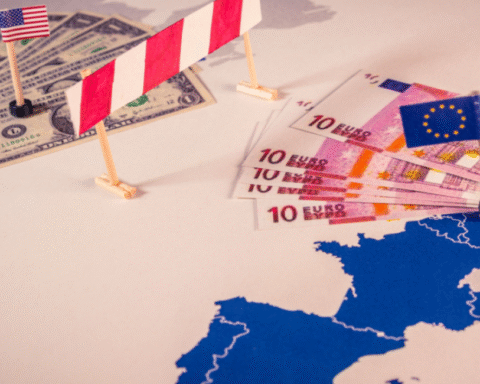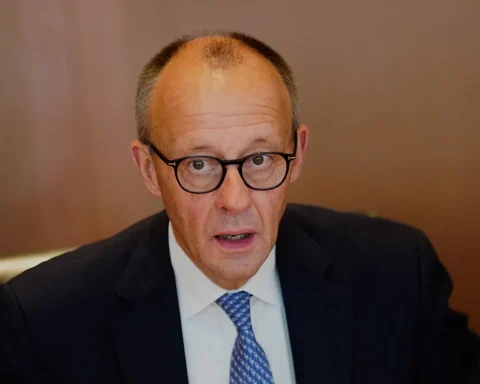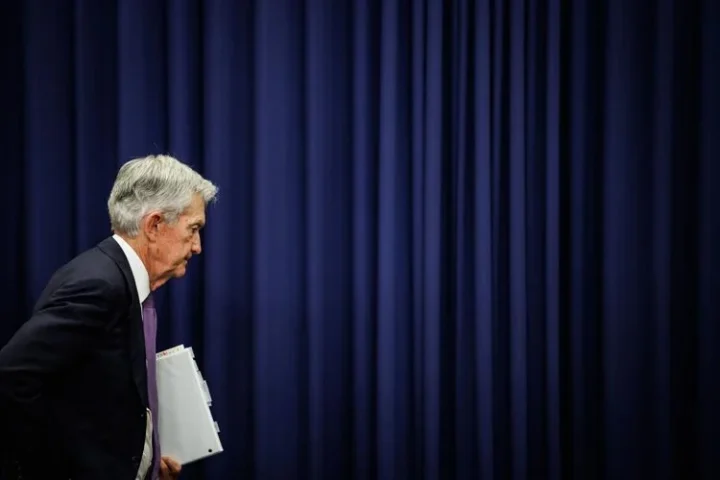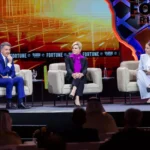Europe has spent nearly three years navigating the political, military, and economic upheaval that followed Russia’s 2022 full-scale invasion of Ukraine. Throughout that time, EU leaders have drawn a consistent red line: no settlement, ceasefire, or new security order in Europe can be negotiated over the heads of European states. Now, with reports suggesting renewed quiet dialogue between Washington and Moscow about possible scenarios to stop or freeze the conflict, Brussels is doubling down on its insistence that it must be “at the table, not on the menu.”
A Conflict That Redefined Europe
The war in Ukraine has not only reshaped the continent’s security posture but also revealed Europe’s strategic dependencies, political vulnerabilities, and industrial shortfalls. The EU has mobilized vast resources—tens of billions in military aid, macro-financial support, refugee management, and sanctions coordination—making the conflict the most consequential European security crisis since the Balkan wars, and in many ways far more systemic.
For European leaders, this level of investment creates both a moral and practical obligation: Europe cannot allow a future settlement to be shaped by bilateral maneuvering between the United States and Russia. The outcome will define the continent’s security architecture for decades.
Why Brussels Fears Being Sidelined
Historical memory weighs heavily. Many European officials recall the dynamics of the Cold War, when the most important decisions concerning European territory and strategic positioning were shaped by Washington and Moscow with limited European input. Today, the EU insists that it is no longer the passive landscape on which superpowers negotiate; it is a geopolitical actor in its own right.
Several factors drive the EU’s concern:
- Strategic Autonomy: European leaders—from France’s Élysée Palace to Berlin’s Chancellery—have repeatedly argued that the EU must develop the capacity to protect its own security interests, independent of US political cycles.
- Long-term Exposure: Unlike the US, Europe cannot “pivot away” from the conflict’s consequences. Refugees, energy insecurity, trade disruptions, and Russian military presence will impact the EU’s neighborhood for generations.
- Ukrainian Integration Path: With Ukraine now a candidate for EU accession and deeply integrated into European defense and economic structures, any settlement that affects its sovereignty is automatically a European issue.
- Security Guarantees: If the war ends in a negotiated settlement, Europe will be expected to underwrite much of the security architecture—financially, militarily, and politically.
The US–Russia Channel: A Catalyst for European Anxiety
Reports of quiet contacts between Washington and Moscow—often framed as crisis-management rather than formal peace talks—have triggered alarms in Brussels. EU officials emphasize that while the US has a legitimate role, especially given its military assistance to Kyiv, American domestic politics could prioritize stability over principles such as territorial integrity.
European diplomats worry about the possibility that Washington might consider a “freeze” or de-escalation mechanism that leaves Russia in control of occupied territories, in exchange for broader geopolitical concessions or a guarantee to prevent further escalation.
European leaders argue that:
- A settlement that legitimizes territorial changes by force would destabilize Europe.
- Any long-term security arrangement must reflect continental realities, not just American interests.
- The EU, having borne much of the economic and humanitarian burden, has the greatest stake in preventing a repeat of aggression.
Ukraine’s View: Europe as the Anchor
From Kyiv’s perspective, Europe is the partner that will shape Ukraine’s future recovery, reconstruction, and integration. While the US remains critical for defense support, the EU represents a long-term home—economically, politically, and culturally.
Ukraine wants European involvement for several reasons:
- Consistency: The EU’s commitment to Ukraine has remained relatively steady across election cycles.
- Integration: Negotiations that affect territorial integrity will influence future EU membership borders and regulations.
- Security Guarantees: Post-war Ukraine will require extensive European security guarantees, defense cooperation, and infrastructure rebuilding.
Kyiv has repeatedly stressed that no deal negotiated without Europe, or without Ukraine itself as a principal actor, would be recognized as legitimate.
Russia’s Calculus: Divide and Influence
Moscow has historically attempted to engage Washington over Europe’s head, a move that reinforces Russia’s narrative of being a great power whose status is measured by its direct dealings with the United States.
A US–Russia bilateral channel benefits Moscow if it:
- Creates distance between Washington and European capitals,
- Exploits differences within the EU,
- Positions Russia as an equal interlocutor to the US,
- Introduces settlement terms more favorable to Russia than Europe would accept.
This is precisely why European leaders are pushing aggressively to ensure they are part of any dialogue—formal or informal.
Europe’s Emerging Strategy: Unity, Leverage, and Visibility
In recent months, the EU has sought to build a more assertive foreign-policy front. This includes:
- Coordinated diplomatic messaging demanding inclusion in all strategic discussions.
- Accelerated defense industrial programs, including ammunition production and joint procurement.
- A push for long-term Ukraine assistance packages that lock in European commitments regardless of US domestic changes.
- Tighter coordination with NATO, reducing potential divergences between transatlantic and EU strategic priorities.
Brussels is also emphasizing that Europe controls the majority of the reconstruction funds Ukraine will need after the war—giving the EU substantial leverage over the eventual settlement.
The Stakes: A New European Security Order
Whether the war ends through negotiation, frozen conflict, or military outcome, the end state will shape Europe’s strategic environment for decades. Key questions will include:
- The status of Ukraine’s borders and security guarantees,
- The future of Russia–EU relations,
- NATO’s eastern posture,
- Long-term sanctions architecture,
- Reconstruction financing and integration.
Europe believes it cannot afford a repeat of the post-2014 moment, when inadequate enforcement of the Minsk agreements created the conditions for renewed war.
Conclusion: Europe’s Future Cannot Be Negotiated Without Europe
As whispers of US–Russia contacts grow louder, the EU’s message is unmistakable: European security will not be shaped in a two-power dialogue reminiscent of another era. Brussels insists that peace in Ukraine—whether durable or fragile—must be built with Europe as a principal architect, not a bystander.
With the continent’s security, economic stability, and political cohesion at stake, the EU is asserting itself not only as a stakeholder but as a decisive actor. The future of Ukraine, and of Europe’s strategic order, depends on it.
